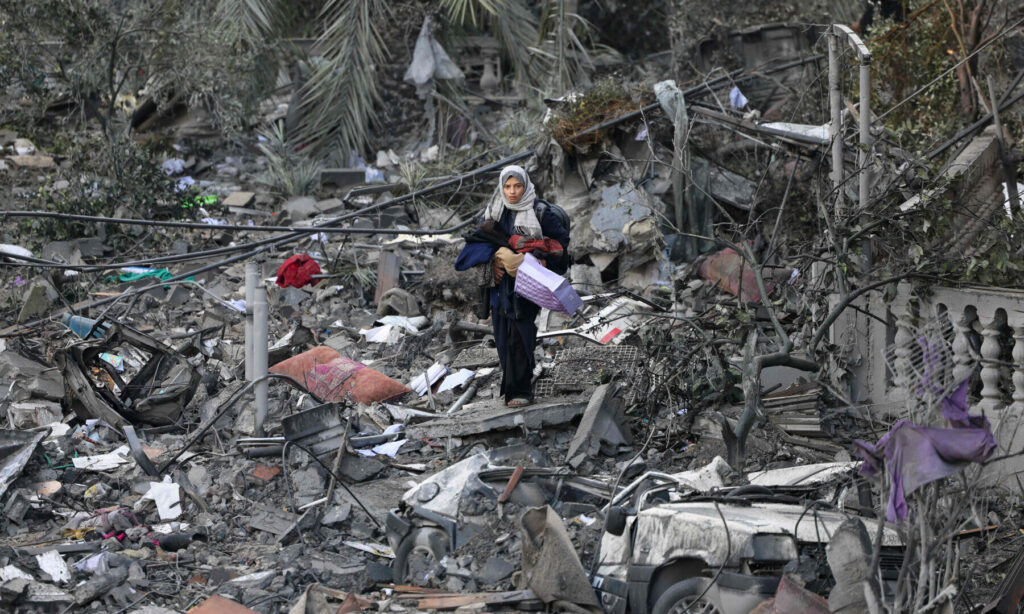Dr. Ibtasam Thakur
In an era where information is more accessible than ever, the role of education extends beyond the mere transmission of knowledge. It is imperative that our education system fosters critical thinking, encourages questions, and facilitates dialogue. Unfortunately, many educational institutions still operate under a paradigm that discourages students from questioning authority, thereby stifling the very essence of learning and intellectual growth. As Socrates once said, “Education is the kindling of a flame, not the filling of a vessel.” This profound statement underscores the need for an educational environment where dialogue and inquiry are central.
One of the most glaring issues within our education system is the lack of encouragement for students to raise questions. This suppression of curiosity can lead to a passive learning environment where students accept information without critically evaluating its validity or relevance. The consequences of such an approach are profound, as it not only hinders the intellectual development of students but also affects the overall health of society. A society that does not engage in dialogue is one that cannot progress. Dialogue is essential for understanding diverse perspectives, solving complex problems, and fostering innovation. Without it, we risk becoming a community of individuals who are unable or unwilling to think independently and challenge the status quo.
Consider the everyday classroom scenario where a student hesitates to question a teacher’s explanation for fear of being ridiculed. This scenario is not uncommon and illustrates the broader issue at hand. Encouraging questions should be seen as a sign of an engaged and active mind, yet it is often discouraged in traditional educational settings. Philosopher John Dewey aptly noted, “Education is not preparation for life; education is life itself.” This belief emphasizes the necessity of creating a learning environment that reflects real-life dynamics, including the constant exchange of ideas through dialogue.
Dialogue is a cornerstone of a healthy society. It promotes mutual understanding, empathy, and the ability to see issues from multiple perspectives. In the context of education, dialogue encourages students to develop critical thinking skills, articulate their thoughts clearly, and engage in constructive debates. These skills are not only crucial for academic success but are also essential for active citizenship and professional competence. Imagine a society where every individual, from a young age, is trained to listen, reflect, and communicate effectively. Such a society would be better equipped to handle conflicts and would likely see lower levels of intolerance and misunderstanding.
The importance of dialogue is particularly evident in the context of Pakistani society, where intolerance and chaos often disrupt social harmony. By integrating dialogue into the education system, we can cultivate a culture of understanding and tolerance. When students learn to appreciate different viewpoints and engage in respectful discussions, they are less likely to resort to aggression or hostility. This shift can significantly reduce societal tensions and promote a more cohesive community. The renowned philosopher and educator Paulo Freire stated, “The teacher is no longer merely the one who teaches, but one who is himself taught in dialogue with the students, who in turn while being taught also teach.”
To cultivate a culture of dialogue within our education system and, by extension, our society, we need to adopt several strategies. First, curriculum reform is essential. Integrating subjects that promote critical thinking and ethical reasoning, along with discussion-based assessments and projects that require students to engage in debates and articulate their viewpoints, is a significant step in the right direction. Furthermore, teacher training programs need to focus on equipping educators with the skills to facilitate open discussions in the classroom. Teachers should be encouraged to create a safe environment where students feel comfortable expressing their opinions without fear of retribution. The classroom environment itself plays a crucial role in fostering dialogue. Classrooms should be designed to promote interaction, such as arranging seating in a circle to facilitate face-to-face communication. The use of technology can also be a powerful tool, creating platforms for online discussions and debates, enabling students to engage in dialogue beyond the classroom walls. Policy changes at the institutional and governmental levels are also necessary. Educational policies should emphasize the importance of dialogue and critical thinking. Policies that protect students’ rights to free expression and ensure that their voices are heard in decision-making processes can significantly impact the culture of dialogue within schools.
Community engagement is another vital aspect of promoting dialogue. Organizing forums, workshops, and public debates on current issues can encourage students to participate and contribute their perspectives, thereby enhancing their understanding and engagement with societal issues. Reflecting on everyday life, imagine a community event where students, parents, and educators come together to discuss local issues. Such events can serve as powerful examples of the positive impact of dialogue on societal cohesion. The transformation of our education system to one that values and promotes dialogue is not just an educational imperative but a societal one. By encouraging students to question, discuss, and debate, we are nurturing a generation of critical thinkers and active citizens. Such an environment will not only enhance the intellectual capabilities of our students but will also contribute to the creation of a more vibrant, innovative, and healthy society. It is time we recognize the power of dialogue and take concrete steps to integrate it into our education system. This shift is crucial, for an education system that silences questions and suppresses dialogue is one that ultimately fails its students and, by extension, society at large. Encouraging and facilitating dialogue within our educational institutions will pave the way for a more enlightened, empathetic, and dynamic society.



